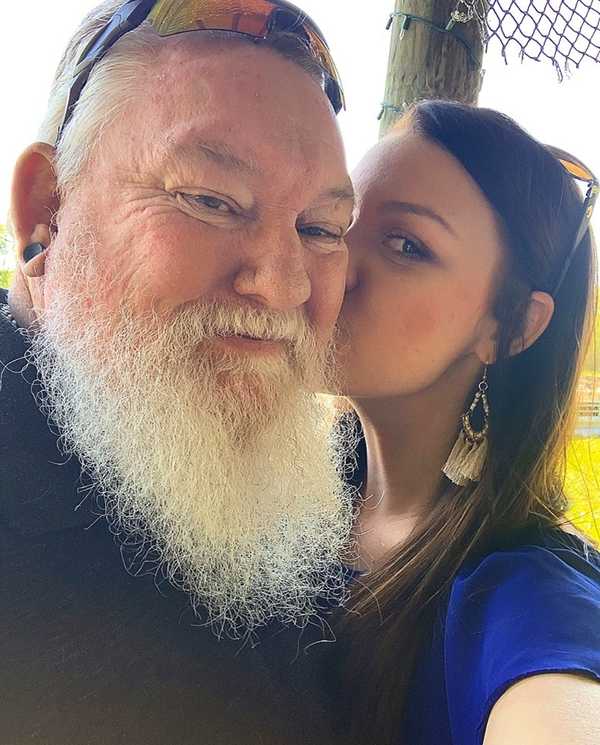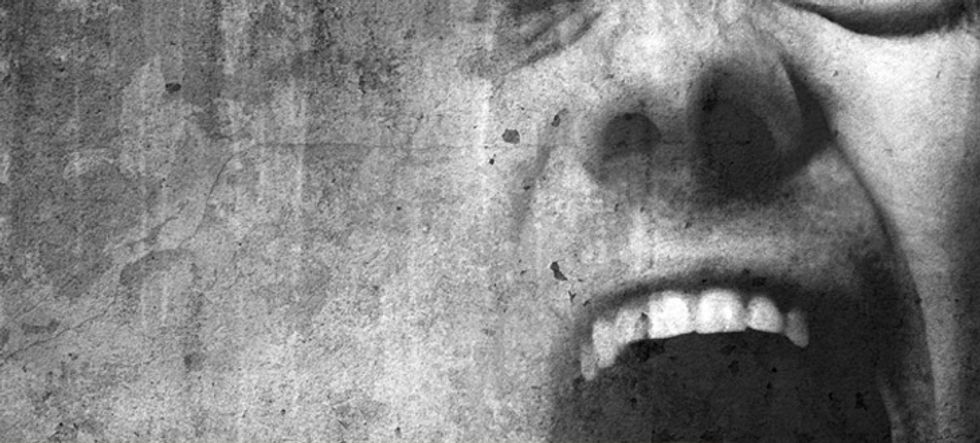Grieving is often associated with death. So why do we exclusively reserve such an important healing process to an already terrible inevitability? We should not grieve death, because death is more than a sad coffin in the ground and a heart-breaking eulogy. Nor is death the result of life. Death is the result of living. And for this reason, death should be celebrated, because life is easy, but living is terribly difficult. What people do not realize is that we cannot confine the grieving process to someone passing on. We must remember to grieve life, because with life comes change, loss, regret, and mistakes, which echo longer than just a singular moment. There has often been five stages associated with grief, and I think we can all resonate with this process in some degree throughout our lives. And once we painfully accept grief into the most reluctant parts of our heart, we will no longer experience the agony that comes along with confrontation, but we will only be confusing hurting for living.
1. Denial
Reality is the everlasting slap in the face that never fails to ruin our mood on a regular basis. Everyone is able to deeply fall into a dream, but at some point we all have to wake up. As for life, we can all hope for the best, but at some unannounced point we do indeed have to face reality. Denial tends to be the first stage of the grieving process because of how our body reacts to the actuality of things. Quite simply, we go into shock. In order for our mind and our body to handle what’s happening, we alter the reality in our eyes to be something that we are able to handle because at that point we are defending ourselves from all the pain and hurt that comes along with the truth. Of course, denial isn’t the most socially accepted trait to be forced to embody, but to an extent it’s necessary. Denial delays the impact of the change you have to grieve and let our mind choose to handle it at a different time.
I think the best way to handle someone who is experiencing this is to say what they don’t want to hear. Don’t let them linger in a false perception of their situation. Help them see that they have to face the truth and that they can’t hide from it or deny it. Don’t enable them. You might think you’re being a supportive friend, but you might just be preventing them from going through their own healing process. This process will indeed be terrible, but necessary.
2. Anger
Anger is chaos. It’s the most reckless release of emotions people tend to have. Which is why it is the second stage in the grieving process. Denial delays the emotions. Anger releases them. In my eyes, anger is the healthiest part of the grieving process. Everyone gets angry, but not everyone releases anger in a healthy way, let alone at all. At this point in grieving, you are no longer denying your situation. You see it how it is. As a result, you get aggressively irritated with everything not only involving the reason you are grieving but at everything. You have no reason or logic, all you have is an overload of emotion and very little control.
I say this is the healthiest part of the grieving process because at this point you are starting to establish a structure to your grief. You begin to realize what you’re feeling as a result of your reality and why exactly you’re feeling it. Even if it comes out sloppy and unorganized, clarity eventually comes along with the outlet of emotions. So get upset. Let in every terrible emotion that comes along with this grief. Then let it go.
3. Bargaining
This tends to be the stage of grieving where we blame ourselves. We try to figure out what we can do or what we could have done to not be where we currently are. Almost as if there was a step we missed along the way, and if we go back and complete that step, we will get everything back. You might be able to see now how this doesn’t only apply to death. Some people may try to think of what could have done differently, or if something can be changed to make it better again. Other might go deep into prayer, begging God for answers. Sadly, we sometimes just blame ourselves and slowly lose ourselves in the infinite fathoms that revolve around how our tragic flaws may have been the result of where we are now.
Experiencing anger at such high intensities is painful and almost disorienting, so we try to figure out what we can fix to stop the pain and emotional tantrums. This obviously is necessary, because it does bring us to bargain, which is one of the many necessary parts of the healing process. We want to make deals or make changes to get back what has changed, but this stage is needed because not only does it pull us out of anger, but it throws us into sadness. And this progression between stages is finally brought on once we’ve found the tortuously evasive answer as to how we return things back to the way we want: we can’t.
4. Depression
If something is broken, you fix it. If something is lost, you find it. If you make a mistake, you make up for it. What about when you can’t do any of those things? What then? We’re raised on the idea that everything negative is reversible, but we’re never really taught what to do when it’s not. So we fall into depression. We deny ourselves the truth, we release all our emotions, and our bargains go unanswered. We hit limbo. This part of the healing process tends to slowly envelop you like quicksand. The more you try to fight it or find a shortcut out of it, the deeper in this stage you sink. As the "The Fault in Our Stars" may have already taught you, pain demands to be felt.
This stage is a time when a supportive friend might be needed. We all have to fight our own emotional battles, but we can be harder on ourselves than we should be from time to time. So it’s never a bad idea to have someone make sure you don’t sink too deep into the quicksand. But in order to truly move on you have to get out of it yourself.
5. Acceptance
Acceptance is the most interesting part of the five stages of grieving to me. I refer to these stages as the healing process, because the level of strength that is needed to reach acceptance after going through the first four stages is remarkable. Some people see the acceptance stage as getting closure. They’re mostly wrong. Not all of us get closure. There isn’t some underlying reason for everything that goes along with grieving. There’s no justification or happy ending. Acceptance is what you make out of your reality. It’s not how you move on or how you go on to live. It’s choosing to move on and live regardless of the actuality of your life. Closure assumes that in some way you fixed or rationalized something that happened to you. Acceptance is moving on regardless of closure.
A lot can happen while you go through this process. Changes can be made to your character. Perspectives can be gained that you didn’t already have. So to be able to experience all that pain and find a way to put it behind you takes an immense amount of strength. This stage can also motivate you to seek a healthy amount of isolation. Acceptance is not something anyone can give you but yourself, so once you find it, you might confide within yourself. It’s not an easy stage, and it’s not something that social media or surface level friendships can solve. After this realization, you might notice a healthy amount of independence in your life. Don’t confuse acceptance as the happy-ending part of the healing process, because it tends to be the quiet part of the process.


























